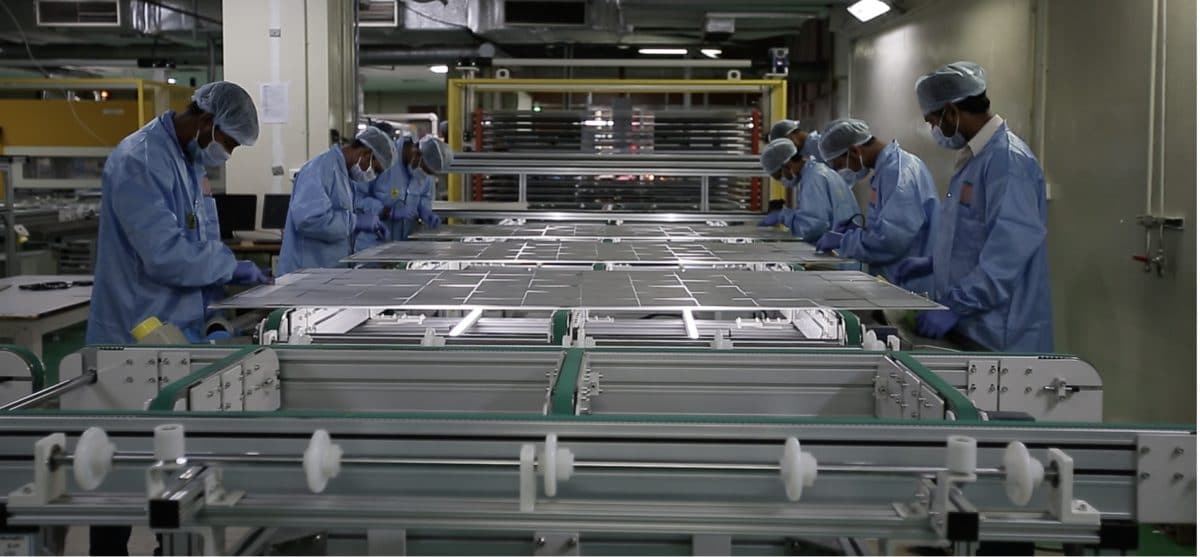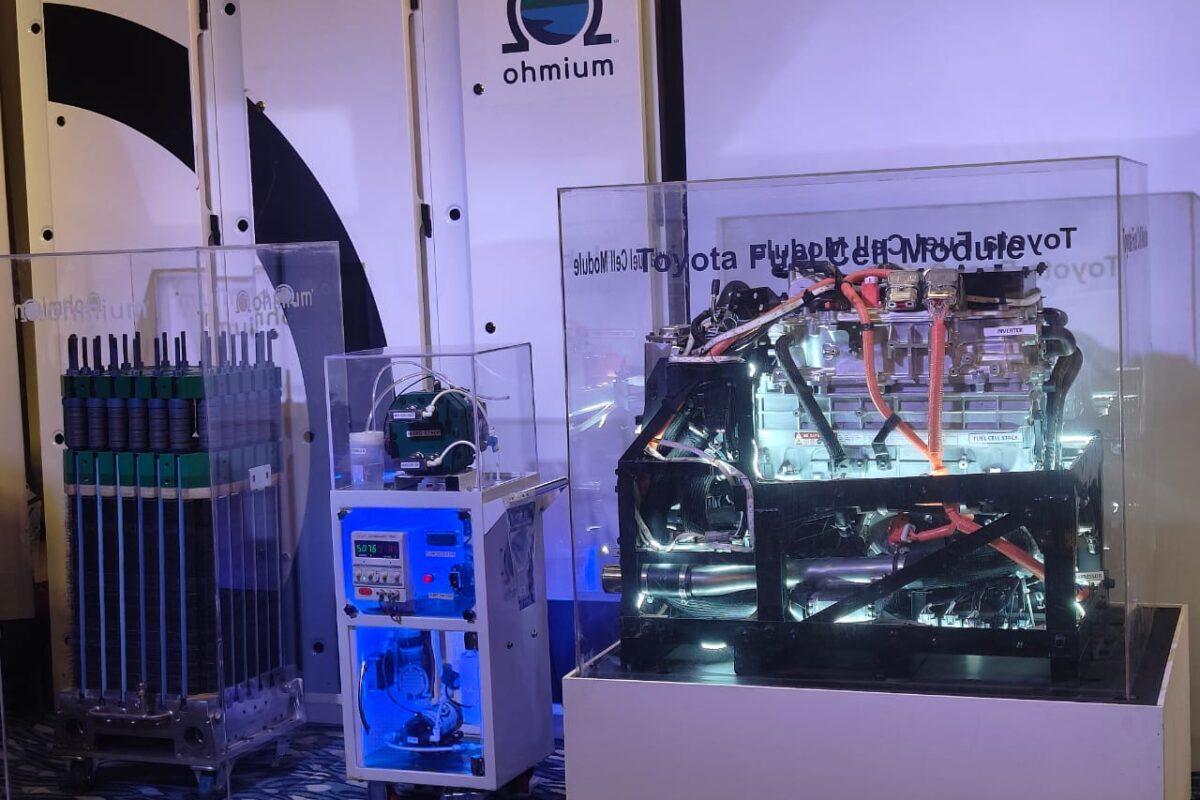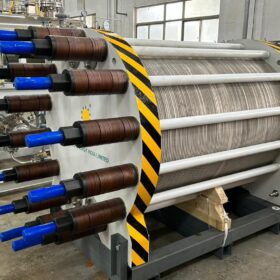Module manufacturer Vikram Solar has urged the Ministry of New and Renewable Energy to consider basic customs duty (BCD) exemption to domestic sales by solar manufacturing units located in special economic zones (SEZs).
Solar modules and cells imported by India are set to attract basic customs duty of 40% and 25%, respectively, from April 2022, as the nation’s finance ministry has given the green light to the proposal.
The move, aimed to help domestic manufacturers compete with regional rivals, puts Indian SEZ units too at a disadvantage as their supplies to the domestic market would become costlier than manufacturers in the domestic tariff area (DTA).
Special economic zones are considered as international land for economic activities. And domestic sales by manufacturing units located within special economic zones (SEZs) are treated as exports. Therefore their domestic customers would be required to pay customs duty on the complete value of solar modules–even if the manufacturer used imported solar cells. Module manufacturers located in DTAs, on the other hand, would pay BCD only on the imported value of goods (cells) and there won’t be any BCD to be paid by their customers on the value addition done in DTA.
Gyanesh Chaudhary, Managing Director of Vikram Solar, welcomed the BCD implementation announcement but urged the MNRE for duty exemption to domestic sales by SEZ units.
He said, “The move is a testament of the government’s intent towards enabling Aatmanirbhar Bharat and making India the global manufacturing hub for solar energy. BCD implementation will provide the necessary impetus to create a self-sustaining ecosystem for solar equipment manufacturing in India, job-creation and reduce solar imports.
“[However] considering that 43% of solar panel manufacturing units and 63% of solar cell manufacturing units are located in SEZs, imposing BCD on SEZ units will impact the domestic solar manufacturing ecosystem. Imposition of BCD on SEZ units will make them highly uncompetitive resulting in underutilization of capacities, loss of investment and jobs. There will be a question mark on the very existence and survival of module manufacturers in SEZ units.”
The solar cell manufacturing capacity installed in SEZs is about 2,000 MW, compared to 1,164 MW in the domestic tariff areas (DTAs) or areas outside SEZs. Module manufacturing capacity installed in SEZs is 3,825 MW compared to 5,053 MW in DTAs.
This content is protected by copyright and may not be reused. If you want to cooperate with us and would like to reuse some of our content, please contact: editors@pv-magazine.com.









By submitting this form you agree to pv magazine using your data for the purposes of publishing your comment.
Your personal data will only be disclosed or otherwise transmitted to third parties for the purposes of spam filtering or if this is necessary for technical maintenance of the website. Any other transfer to third parties will not take place unless this is justified on the basis of applicable data protection regulations or if pv magazine is legally obliged to do so.
You may revoke this consent at any time with effect for the future, in which case your personal data will be deleted immediately. Otherwise, your data will be deleted if pv magazine has processed your request or the purpose of data storage is fulfilled.
Further information on data privacy can be found in our Data Protection Policy.